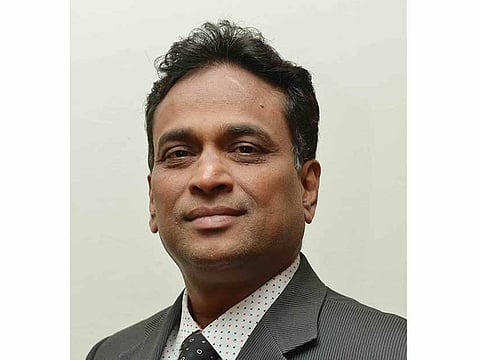Smart ways to grow your money
Mutual funds could give you good returns with low risks

While we all have the good intention to save a good portion of our earnings, in many a case, a lack of knowledge, awareness and assessment of investment choices lead to a lop-sided, minimal focus on financial planning.
There are a number of life-stage investment planning for a NRI that typically needs attention. These include property, children’s education, family commitments, adequate life insurance cover, lifestyle goals such as holidays, retirement planning, societal contributions and health-related cover. Each of these goals or aspirations have a time frame that could vary from five years to 25 years.
There are many types of investment avenues that can help NRIs reach their financial goals. These include banking products (fixed deposits); bonds, stocks, mutual funds, insurance products, derivatives, structured products etc. For the sake of brevity, we will briefly discuss mutual funds as an investment option.
Mutual funds are operated by Asset Management Companies who engage professional fund managers to manage the various categories of schemes in line with the investment objectives stated in the scheme information document. All mutual fund operators are regulated by the Capital Market Regulator of the jurisdiction, for India it is the Securities & Exchange Board of India (SEBI).
Mutual funds broadly can be classified into 3 categories– equity, debt, balanced.
There are of course many variants of mutual funds schemes to choose from – these include funds such as diversified, large cap, small cap, mid cap, sector specific (banks, infrastructure etc.) tax savings, exchange traded funds, hybrid to name a few.
Each one of these investment choices have to be made depending on the risk-reward perception and exposure that an investor chooses to take. Investors may also choose to invest by way of a lump sum basis or by way of systematic investment plans whereby the investment is done on a monthly basis, this route especially enables to develop a fiscal discipline for most investors.
It is also equally important to have a diversified portfolio which comprises different asset classes apart from mutual funds. The overall objective of any investment strategy is essentially to secure a good future and achieve financial independence and security. In short ‘time in investments will make your money work hard for you’. The moot question therefore is “Are you there” in this world of investments.
The writer is the CEO of Barjeel Geojit
Sign up for the Daily Briefing
Get the latest news and updates straight to your inbox



